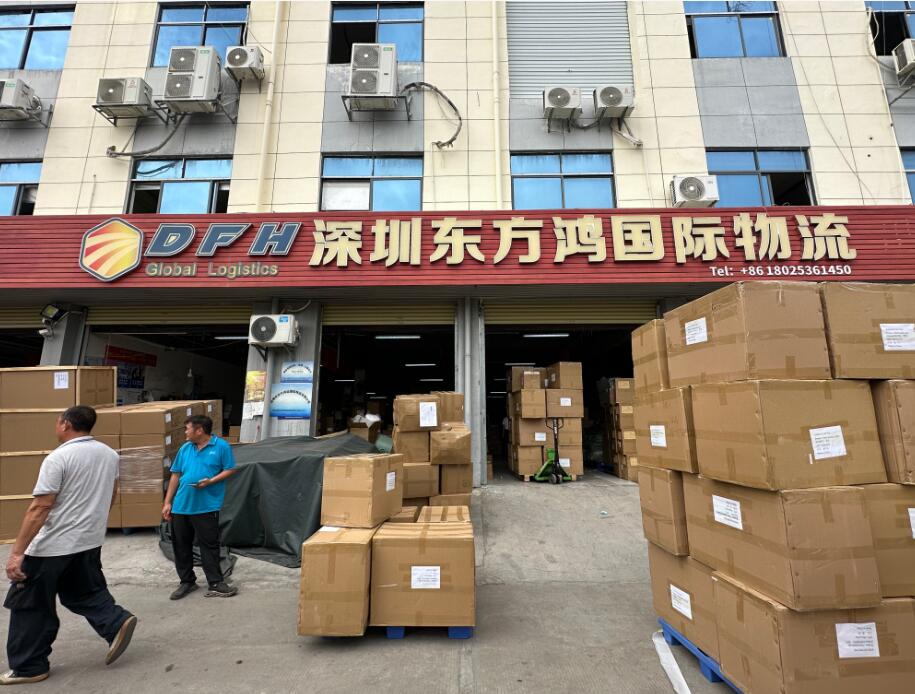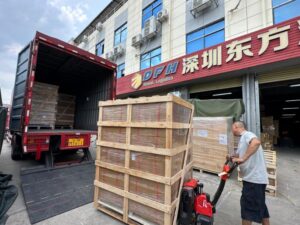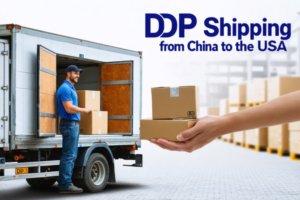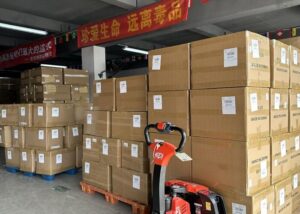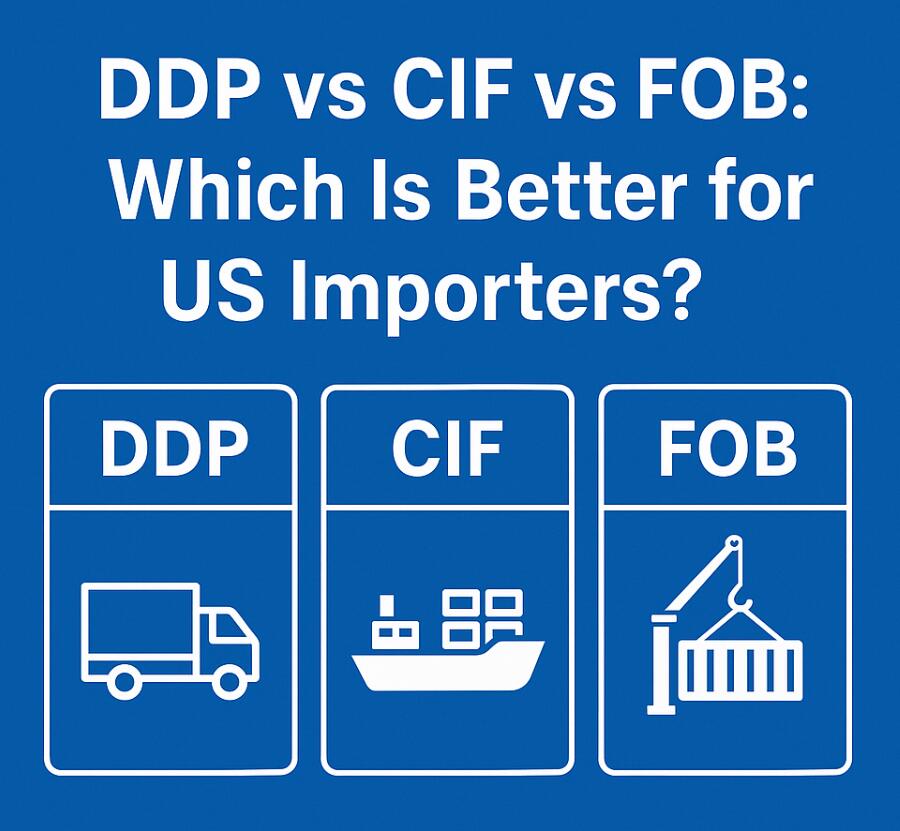
Choosing the right Incoterm determines who pays freight, who handles customs, and who bears the risk during international shipping. Many US importers misunderstand these terms and face unexpected costs.
In this guide, I’ll compare DDP, CIF, and FOB — and show which is best for US importers shipping from China.
What Are Incoterms and Why Do They Matter in International Shipping?
Incoterms define the buyer’s and seller’s responsibilities in international trade, determining who handles freight, insurance, customs, and delivery. Choosing the right one protects your profits and ensures smooth shipping.
Incoterms, short for International Commercial Terms, are standardized trade rules published by the International Chamber of Commerce (ICC). You can learn more about their global definitions on the International Chamber of Commerce official website.
They clarify who pays for what, and when ownership and risk transfer during shipment. For US importers buying from China, the most commonly used Incoterms are DDP (Delivered Duty Paid), CIF (Cost, Insurance, and Freight), and FOB (Free on Board).
Each affects your shipping cost, customs responsibility, and delivery control differently.
What Is DDP (Delivered Duty Paid)?
DDP means the seller is responsible for all costs, taxes, and customs clearance until the goods arrive at the buyer’s door. The buyer only needs to receive the shipment.
Under Delivered Duty Paid (DDP), the seller—or your freight forwarder—takes full responsibility from pickup at the Chinese factory to final delivery in the United States.
That includes export declaration, international shipping, customs clearance, duties, taxes, and last-mile delivery.
This is a fully managed, door-to-door solution, ideal for importers who want peace of mind and predictable costs.
Pros of DDP
- No customs or tax headaches for the buyer.
- Transparent, all-inclusive pricing.
- Suitable for Amazon FBA and small-to-medium importers.
- Perfect for those without import licenses or tax IDs.
Cons of DDP
- Slightly higher per-unit price.
- Less control over the shipping process and carrier selection.
For more details, read our in-depth guide on DDP shipping from China to the USA.
What Is CIF (Cost, Insurance, and Freight)?
CIF means the seller covers freight and insurance up to the destination port, while the buyer handles customs clearance, duties, and final delivery.
Under CIF, the seller arranges ocean freight and insurance from China to the destination port (e.g., Los Angeles or New York).
Once the cargo arrives, the buyer must manage customs clearance, pay import duties, and handle inland delivery.
Pros of CIF
- Lower product price compared with DDP.
- Works well if you already have a customs broker or local agent.
- Common in traditional bulk trade.
Cons of CIF
- Buyer bears risk after the cargo reaches the port.
- Unexpected destination charges are common.
- Customs delays can occur if paperwork is incomplete.
What Is FOB (Free On Board)?
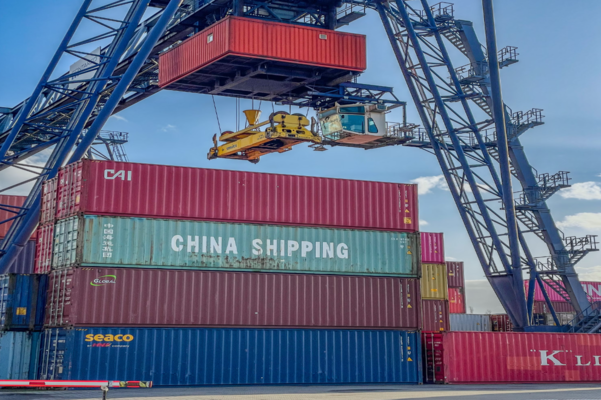
FOB means the seller delivers goods to the port of export, and the buyer arranges and pays for main transport, insurance, and import clearance.
With Free On Board (FOB), the seller’s job ends when the goods are loaded onto the vessel in China. From that point, the buyer takes full responsibility for the shipment—covering international transport, insurance, and import formalities.
Pros of FOB
- Full control over freight choice and schedule.
- Easier to compare rates from different forwarders.
- Lower purchase price from suppliers.
Cons of FOB
- Buyer handles all logistics from China to the USA.
- Higher risk if unfamiliar with import procedures.
- Requires a reliable freight forwarder or customs broker.
If you manage regular large shipments, learn how to find a reliable freight forwarder in China to support your FOB trade model.
DDP vs CIF vs FOB: Cost, Risk, and Responsibility Comparison
DDP offers the least risk and simplest process, CIF provides moderate seller involvement, and FOB gives buyers full control. Your choice depends on experience, shipment size, and customs ability.
Let you Know more about DDP, CIF, FOB please check the comparison table below:
| Aspect | DDP | CIF | FOB |
|---|---|---|---|
| Who pays freight | Seller | Seller | Buyer |
| Who pays insurance | Seller | Seller | Buyer |
| Customs clearance | Seller | Buyer | Buyer |
| Duties & taxes | Seller | Buyer | Buyer |
| Risk transfer point | Buyer’s destination | Destination port | Loading port |
| Control over logistics | Low | Medium | High |
| Ideal for | New importers, e-commerce, Amazon sellers | Experienced buyers | Large companies with logistics teams |
Analysis:
- DDP gives maximum convenience but costs slightly more.
- CIF looks cheaper but may include hidden destination fees.
- FOB is the best for experienced importers who can handle logistics themselves.
To estimate your total cost accurately, check our shipping cost from China to the USA guide.
Which Shipping Term Is Best for US Importers?
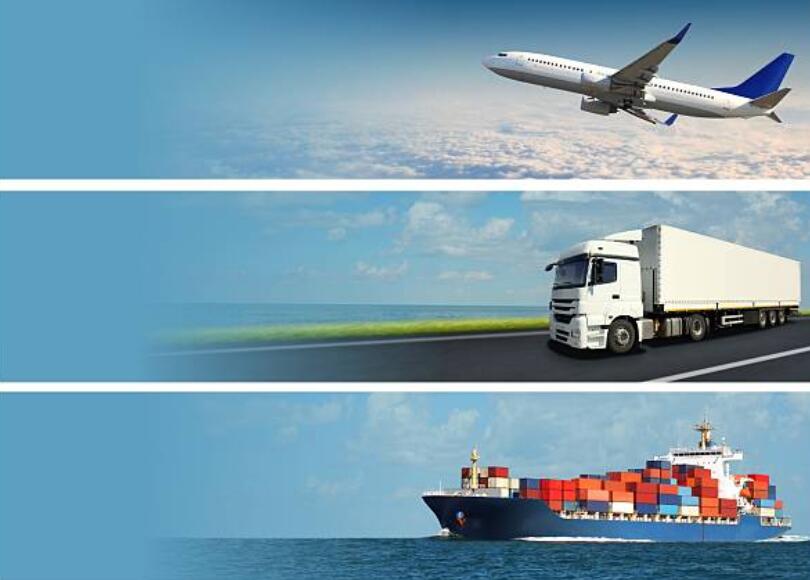
For most US importers, DDP is the best choice because it covers all costs, customs clearance, and taxes—offering a simple and predictable door-to-door experience.
Here’s how I recommend choosing based on your business type:
- Small importers or Amazon sellers → Choose DDP for full transparency and customs-free delivery.
- Mid-sized importers → Consider CIF if you have a trusted broker in the USA.
- Large corporations → Use FOB to control freight schedules and negotiate bulk rates.
You can also read our article on door-to-door shipping from China to the USA to understand why most US importers prefer all-inclusive solutions.
Real Case Example: How US Importers Save Time and Cost with DDP
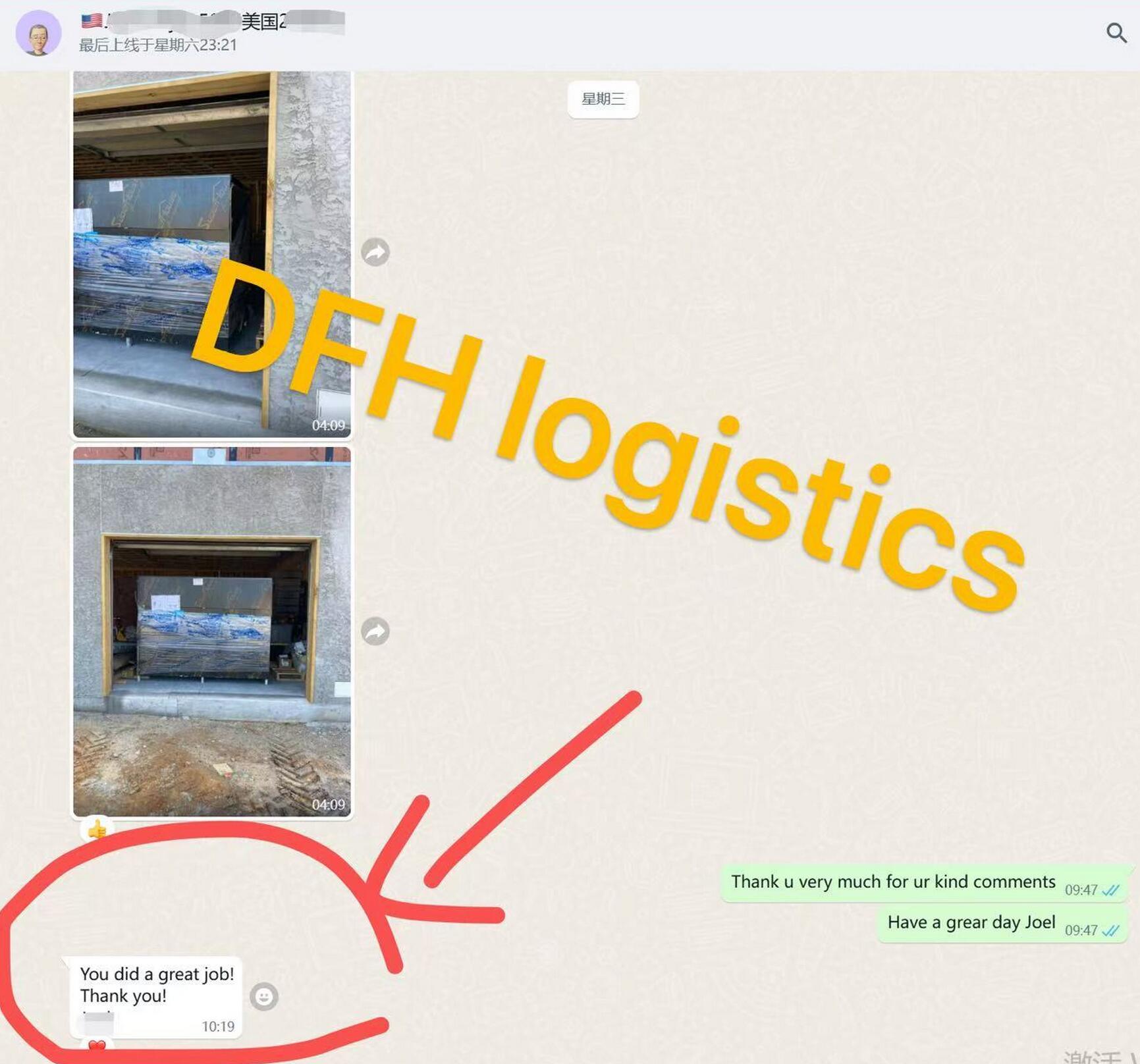
A US e-commerce importer saved time and avoided port charges by using DDP sea freight, allowing seamless customs clearance and predictable costs for their shipments from China.
One of our clients, an Amazon seller in California, used to buy under CIF terms. Every time his shipment reached the port, he faced high destination fees and customs delays.
After switching to DDP sea freight, DFH handled all logistics — from supplier pickup to doorstep delivery.
His shipments now arrive on time, with no unexpected charges or paperwork stress.
This case shows how DDP can significantly reduce operational risk and total landed cost for small-to-medium importers.
How DFH Logistics Helps You Choose the Right Incoterm
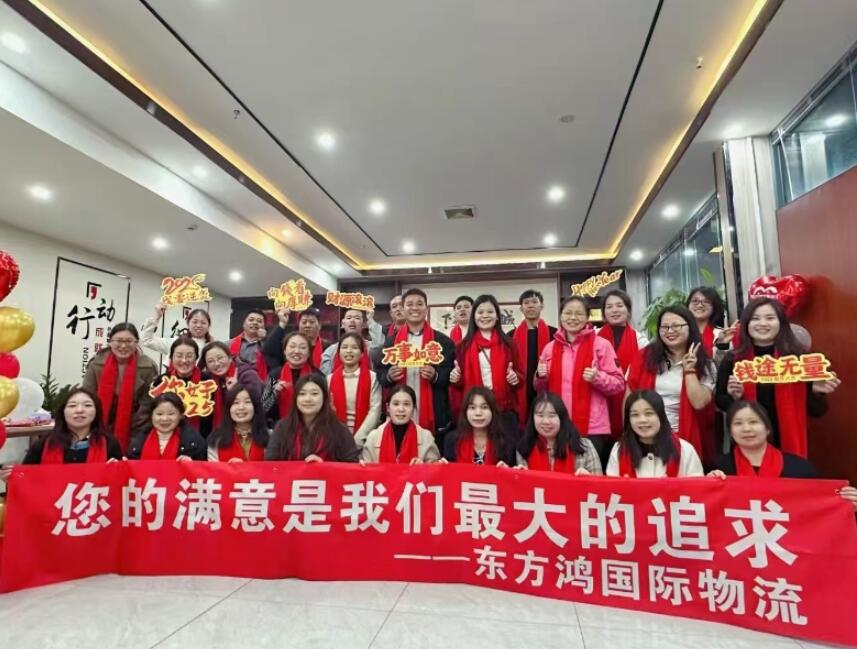
DFH Logistics provides expert guidance on selecting DDP, CIF, or FOB terms and offers all-inclusive DDP solutions for US importers shipping from China by air, sea, or express.
At DFH Logistics, my team helps importers compare DDP, CIF, and FOB based on real costs, cargo type, and customs requirements.
We handle:
- Pickup from Chinese suppliers
- Export declaration and consolidation
- Air, sea, or express DDP shipping
- US customs clearance and duty payment
- Final delivery to Amazon FBA or private addresses
Our goal is to simplify global logistics so you can focus on growing your business.
Conclusion
DDP, CIF, and FOB each have benefits, but for most US importers, DDP offers the best balance of simplicity, cost transparency, and reliability for shipping from China.
In short:
- DDP — hassle-free, all-inclusive, ideal for small and medium importers.
- CIF — moderate involvement, but with potential hidden costs.
- FOB — full control for experienced importers.
If you’re unsure which option suits your shipment, let DFH Logistics evaluate your cargo and recommend the most cost-effective and compliant solution.
Ready to simplify your shipping from China? Get your personalized DDP quote now.

